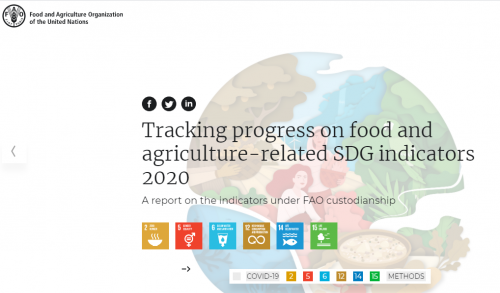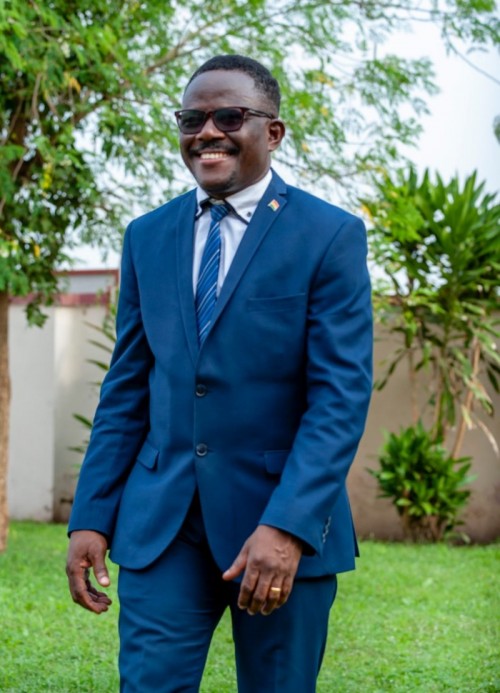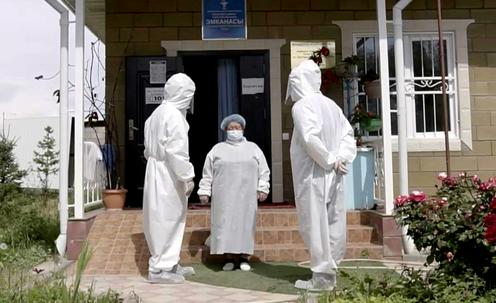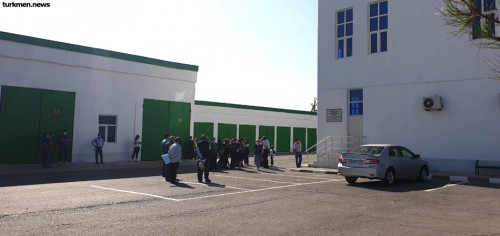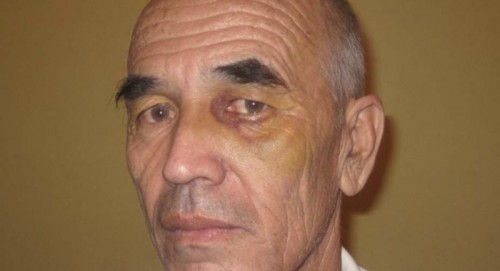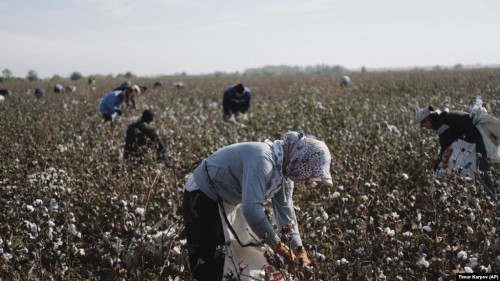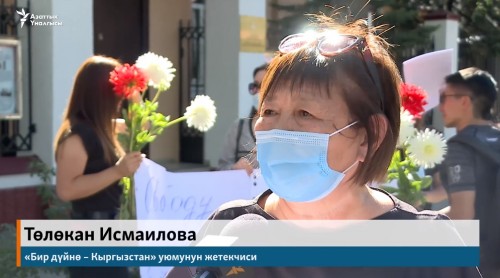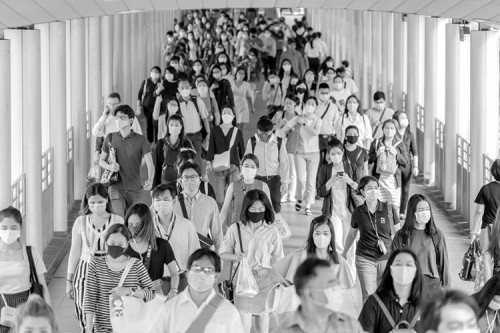Countries
Solidarity campaigns
13 August 2024
Georgia: Support striking workers at Evolution Gaming
5 June 2023
Georgia: Justice for Wolt couriers
10 May 2023
Belarus: Trade union activity is not extremism!
2 November 2019
Kazakhstan: Trade unionist Erlan Baltabay imprisoned - again!
19 November 2018
Kazakhstan: Stop repression and physical attacks on leaders of independent unions; hands off Larisa Kharkova, Erlan Baltabai and Dmitriy Senyavskiy
18 April 2018
MALOKHAT STILL NEEDS YOUR HELP
News
06 October, 2020 / International
FAO’s report “Tracking progress on food and agriculture-related SDG indicators”
FAO has launched the second edition of its report “Tracking progress on food and agriculture-related SDG indicators”. This year marks the 10-year countdown to the end-date of the 2030 Agenda. According to the data contained in the FAO report, collected before the COVID-19 pandemic, progress remains insufficient in the food and agriculture domain, suggesting that the world is not on track to meet the relevant targets by 2030.
06 October, 2020 / kyrgyzstan
PRELIMINARY CONCLUSION THE "ALTERNATIVA" CENTER UNDER THE HUMAN RIGHTS MOVEMENT BIR DUINO-KYRGYZSTAN WITHIN THE FRAMEWORK OF MONITORING AND EVALUATING THE PREPARATION AND CONDUCT OF THE PARLI
Electoral corruption: some political parties took advantage of the plight of the electorate and engaged in open and large-scale electoral bribery. The post-pandemic situation has shown the scale of poverty and hopelessness of many families in the country. There are novostroikas (new settlements) around Bishkek – new buildings, where mostly internal migrants live, who, as well as people living in risk zones in the regions of the country, turned out to be on the verge of survival. As a result, people took everything that some political parties offered. Unfortunately, almost no one conducted large-scale civic education programs for voters, taking into account the risks of the pandemic and the new challenges associated with the parliamentary elections on 4 October 2020. Key institutions designed to fight bribery reacted poorly, often did not react at all.
03 October, 2020 / International
GAWU receives 2020 Labour Rights Defenders awards
Accra, Oct. 2, GNA - The General Agricultural Workers Union (GAWU) of the Trade Union Congress (TUC), Ghana, has received the 2020 Labour Rights Defenders Awards for its work to end child labour and advocacy for decent work in the cocoa sector.
25 September, 2020 / kyrgyzstan
Kyrgyzstan: Medics suffer rights violations, pay high personal price during COVID-19 pandemic
Health workers in Kyrgyzstan have paid an astoundingly high personal price during the COVID-19 pandemic, which has seen them forced to work long hours, often without promised additional pay and sometimes with reduced pay, and subjected to a “prison-like” quarantine regime, Amnesty International said in a new report today. According to official data from the Ministry of Health, during the peak of the epidemic from mid-March to 22 July, 29 health workers died. However, unofficial sources put the figure at 40.
22 September, 2020 / turkmenistan
Ashgabat Women Exasperated at Tacit Ban on Driving
Several women residents of Ashgabat disrupted the work of the State Traffic Police department in the capital’s 11th residential suburb at the end of last week. The women were trying to renew their driving licenses, but for two years now the Turkmen authorities have been refusing to accept women’s renewal applications.
22 September, 2020 / kyrgyzstan
Kyrgyzstan cannot paper over death of Azimjon Askarov
The death of the award-winning journalist and human rights defender Azimjon Askarov on 25 July in a Kyrgyz jail was the culmination of a series of injustices and repeated flouting of accountability by the Kyrgyz government. His death – officially by pneumonia but probably of Covid-19 – is no reason to give up the fight for justice. On the contrary, it has become even more crucial that the EU, UN, and other multilateral institutions, governments and donors demand that the Kyrgyz government unconditionally complies with the nation's commitments to human rights and the rule of law.
17 September, 2020 / uzbekistan
Uzbek State Workers Say They're Still Being Forced To Pick Cotton
Reports from Uzbekistan contradict the government's claim that it has phased out its internationally-criticized policy of forcing citizens into farm fields to pick cotton every autumn. Under pressure from the Cotton Campaign, a worldwide coalition of human rights groups and businesses boycotting Uzbek cotton since 2010 over the use of child- and forced-labor in the country, officials in Tashkent say they have ended the practice.
14 September, 2020 / kyrgyzstan
Participants of the action in Bishkek called to join the Urgent Appeal in the attachment and to provide solidarity and support to citizens of Belarus.
Today on September 14, 2020 near the Embassy of Belarus in Bishkek a peaceful action of support and solidarity with citizens of Belarus took place, demanding observance of principles of fair, free, democratic elections, freedom of peaceful meetings and assemblies, release of all political prisoners in Belarus.
12 September, 2020 / International
ITUC Global Poll 2020 shows urgent need to repair the Social Contract
The annual global poll commissioned by the 200 million-member International Trade Union Confederation shows working people and their families were living on the edge before the pandemic that stopped the world – Covid-19.
04 September, 2020 / turkmenistan

